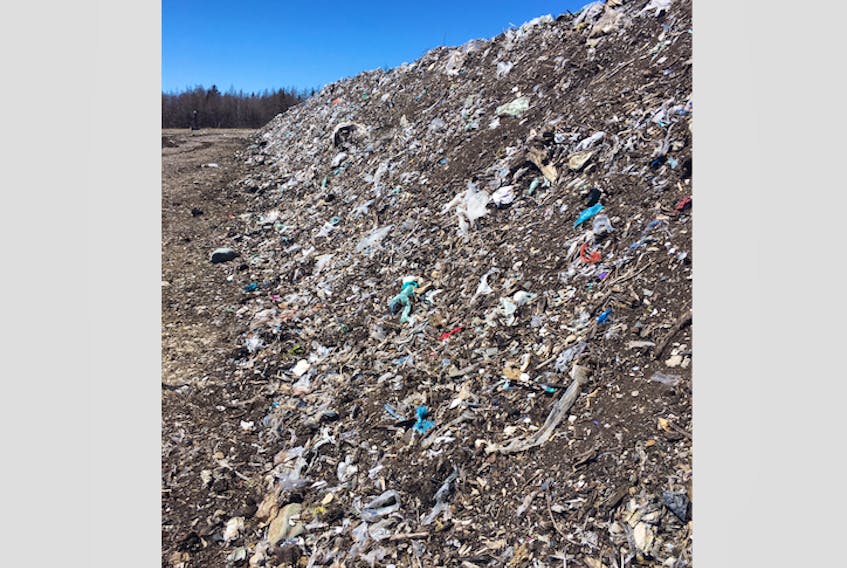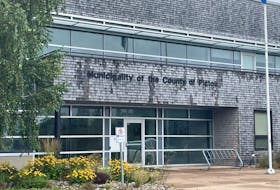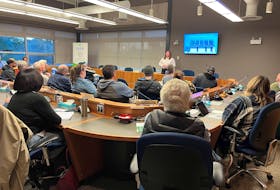Too much plastic is being found in loads arriving at the Town of Yarmouth’s compost facility, prompting the town to look into what can be done to address the problem, including increased tipping fees for loads that are deemed excessively contaminated.
There also are plans for a public education campaign that will consist of social media posts, traditional ads, an on-site video, mail-outs etc.
With regard to tipping fees, town council has passed a motion directing staff to develop a policy whereby loads arriving at the compost facility that are found – in the opinion of the facility manager – to have excessive amounts of plastic or other non-organic contamination would be charged twice the normal fee of $114 per tonne.
The recommendation was part of the agenda package for a recent meeting of town council’s committee of the whole, where council members were apprised of the situation.
The compost facility on Hardscratch Road, which is owned and operated by the town, “has an operating permit to receive organic materials, with strict conditions pertaining to the certification of finished compost before it can leave the facility,” said a request for decision prepared for council.
“Plastics and other non-organic contaminants make it difficult to get compost certified. Resulting costs include expanding holding pads, administrative and consulting costs to amend operating certificates to restore compliance, equipment, labour hours to remove plastics.”
Aside from higher tipping fees, the town plans to use its communications resources, Waste Check and municipal network in an effort to get the word out that plastic contamination of organics is “bad for the environment and bad for the taxpayers’ pocketbook.”
Gus Green, general manager of Waste Check, acknowledges the problem the town is facing at its compost facility, citing the standards now in place regarding compost.
“You really only need a small amount of plastic to convert a whole pile of compost into something that you have difficulty marketing,” he said in an interview.
Prior to this year, Waste Check did summertime audits of green carts and found that about 90 per cent of them appeared to be well sorted, Green said, so residents generally seemed to be doing a good job. The bigger issue is on the business side.
“We continue to work with our businesses,” Green said on Dec. 9. “I think we visited five last week to talk to them about some issues with plastic contamination in their carts, but clearly we’ve got to do a better job. The town is struggling and I’ve seen photos from some of the loads. They have serious concerns and they’re justified.”
Meanwhile, in addition to reaching out to its partners/customers and planning a public education campaign, the town says it is making certain haulers understand this issue.
Haulers will be more diligent when picking up bins, the town says, and residents and businesses that are not in compliance and continue to put plastics in their bins can expect to see their bins rejected.









